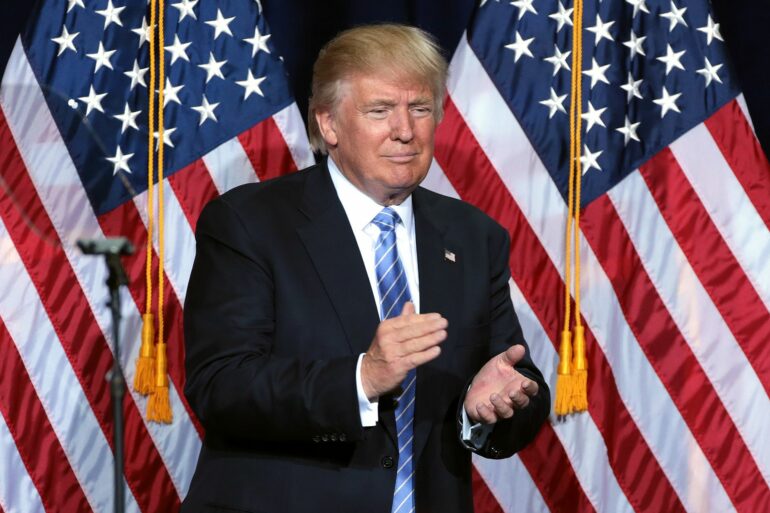In a dramatic diplomatic reversal, Canada reportedly announced late Sunday it would withdraw its planned digital services tax—just hours before it was set to take effect—to reignite stalled trade negotiations with the United States.
The sudden shift follows threats from President Donald Trump to impose retaliatory tariffs, effectively halting discussions until Ottawa relented.
Prime Minister Mark Carney and U.S. President Trump have agreed to resume negotiations with the aim of reaching a comprehensive trade agreement by July 21.
The digital levy, which would have imposed a 3 percent tax on revenue from digital services provided by large technology firms to Canadian users, was retroactive to 2022 and targeted companies like Amazon, Google, Meta, and Apple.
In a statement, Canada’s finance minister said the tax had been designed to address perceived deficits in how global digital platforms contribute to the national revenues.
But she emphasized the country’s preference for multilateral solutions and framed the withdrawal as essential to advancing broader economic and security cooperation.
President Trump reacted swiftly, praising the move as a victory for American innovation.
“Thank you Canada for removing your Digital Services Tax, which was intended to stifle American innovation and would have been a deal breaker for any trade deal with America,” said Commerce Secretary Howard Lutnick—a message that rallied market enthusiasm Monday morning.
Indeed, U.S. stock futures surged, with the Nasdaq and S&P 500 hitting record highs amid renewed optimism for trade resolution.
Asian markets followed suit, buoyed by expectations the trade pact could settle by early fall, easing global trade tensions.
The episode underscores the shifting balance in trade diplomacy under Trump’s administration, which has increasingly employed tariffs and threats as leverage.
In recent months, Mr. Trump halted negotiations with Ottawa over the tax and threatened new tariffs within a week unless Canada reversed course.
He had previously slapped 25 percent tariffs on various Canadian goods—steel, aluminum, and autos—straining long-standing economic ties between the two neighbors.
Canada, the U.S.’s second-largest trading partner in goods, bought nearly $350 billion in American products last year. Its willingness to repeal the tax reflects both economic pragmatism and geopolitical sensitivity to Washington’s hardline trade posture.
Analysts caution, however, that such bilateral tax measures could strain relationships with trade partners and undermine multilateral taxation frameworks.
The United Kingdom and European Union have introduced similar country-specific digital levies, and critics warn that unilateral reversals in response to U.S. pressure may weaken Canada’s influence in broader global tax negotiations under the OECD.
As both nations return to the negotiating table, officials say the goal is a new economic blueprint that balances digital tax equity with broader U.S.–Canada strategic and economic interests.
Whether Canada’s concession empowers similar moves by other countries—or sets a precedent for future trade brinkmanship—remains to be seen.
[READ MORE: Pro-Trump Super PAC Releases Brutal Ad Attacking Rep. Thomas Massie]



